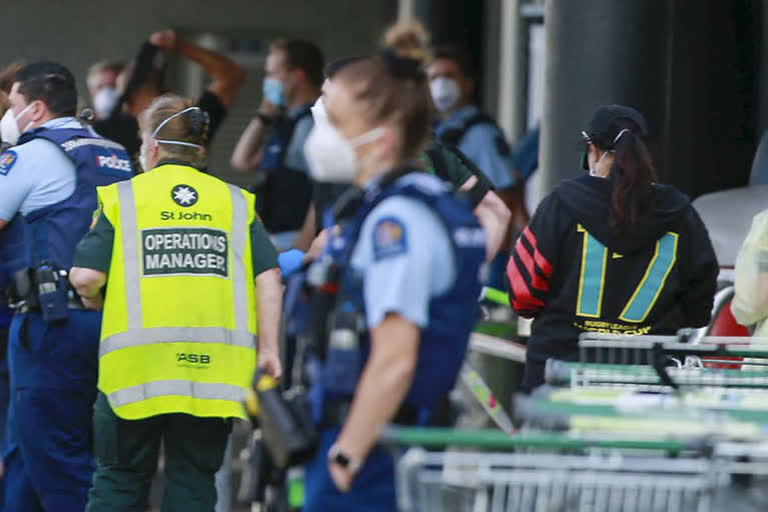Hamilton (New Zealand): As Friday's attack by an ISIS sympathiser in a New Zealand supermarket has shown, ISIS's extreme ideology still holds strong appeal for some disaffected Muslims living in the west. ISIS ideology did not die in Syria and Iraq with the defeat of ISIL and its plans to establish a caliphate.
ISIS continues to be a radicalising influence on those susceptible to anti-western narratives. Social networks, the dark web and encrypted platforms continue to facilitate the global spread of its beliefs.
The Sir Lankan-born national responsible for Friday's terrorist attack had previously been found to possess ISIS content on his personal computing devices and been banned from accessing social media sites for this very reason.
That's why we should be wary of describing him as a lone wolf. He may have acted alone, with no direct assistance from a terrorist group. But his ideology and process of radicalisation are connected to global groups deliberately seeking to promote their vicious world view and attract new adherents to their cause.
Why ISIS is so hard to beat
While the COVID-19 pandemic may have had a temporary chilling effect on radicalism, there are concerns that in the post-pandemic era, terrorism will become a bigger problem globally.
ISIS was never truly defeated. Their military defeat in Iraq and Syria has led to the diffusion of the threat to other countries, including Afghanistan. Following the Taliban's declaration of an Islamic emirate in Afghanistan, there are concerns about a resurgence of Islamic violence internationally.
The Taliban are no friends of ISIS and there has already been some cooperation with the new Taliban government to protect Kabul airport from ISIS attacks. But extremists will have been inspired by the defeat of the US-led coalition in Afghanistan, and buoyed to continue their global aspiration for conflict between Muslim and non-Muslim peoples.
NZ's global efforts to fight online terrorists
New Zealand is already pursuing international collaborations, including the Christchurch Call, to help eliminate terrorism online. Some progress has been made, including reforming the Global Internet Forum to Counter Terrorism, creating a crisis response protocol for effective cooperation in the event of terrorist incidents with an online component, and greater involvement in the online counter-terrorism effort from civil society.
However, the threat landscape continues to evolve. There is now increased attention on the role of social media algorithms in directing users to extremist content, and the continued global threat from far-right groups, including the attack on the US Capitol earlier this year, which was organised online.
Prime Minister Ardern's recent call for ethical algorithms to stop the risk and spread of extremist online content highlights the importance of the issue to the New Zealand government.
New Zealand has also committed to joining the Budapest Convention on cyber crime, which guides countries developing comprehensive national legislation against online crime. It also provides a framework for international cooperation to counter aspects of violent extremism, including investigations into extremism on social media and the dark web.
Beyond international efforts, New Zealand's government is establishing a national centre of excellence on violent extremism to boost research and more effective counter-terrorism policy.
